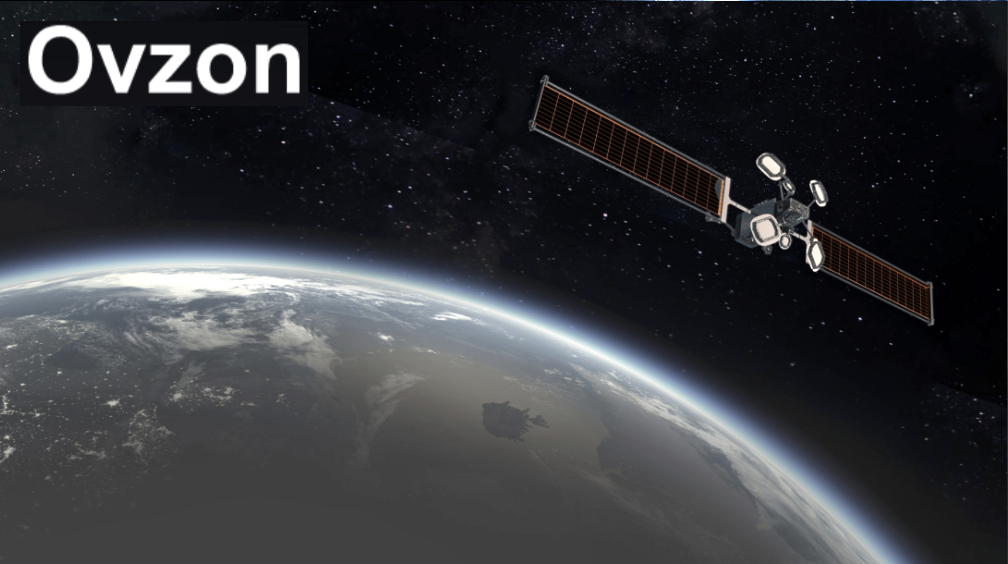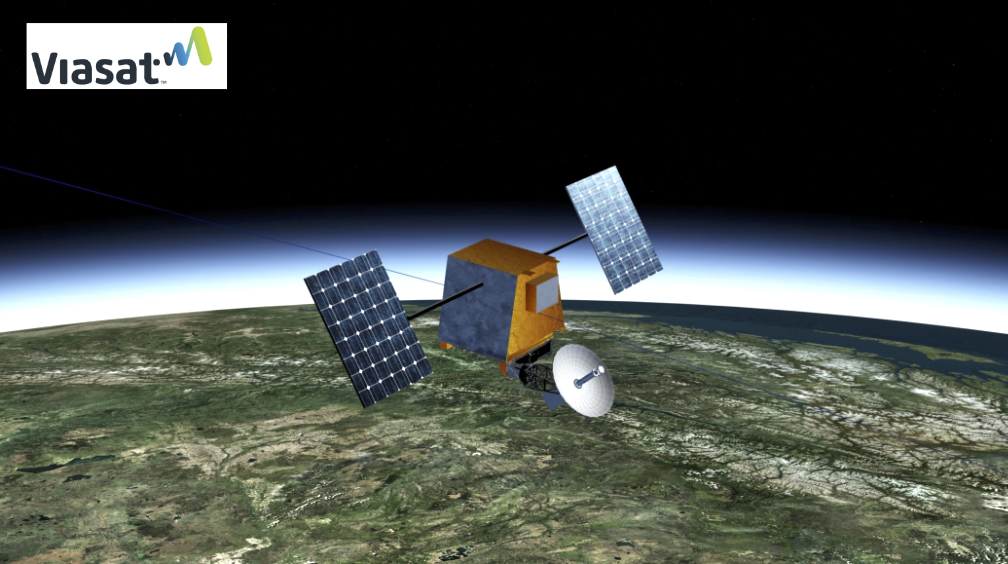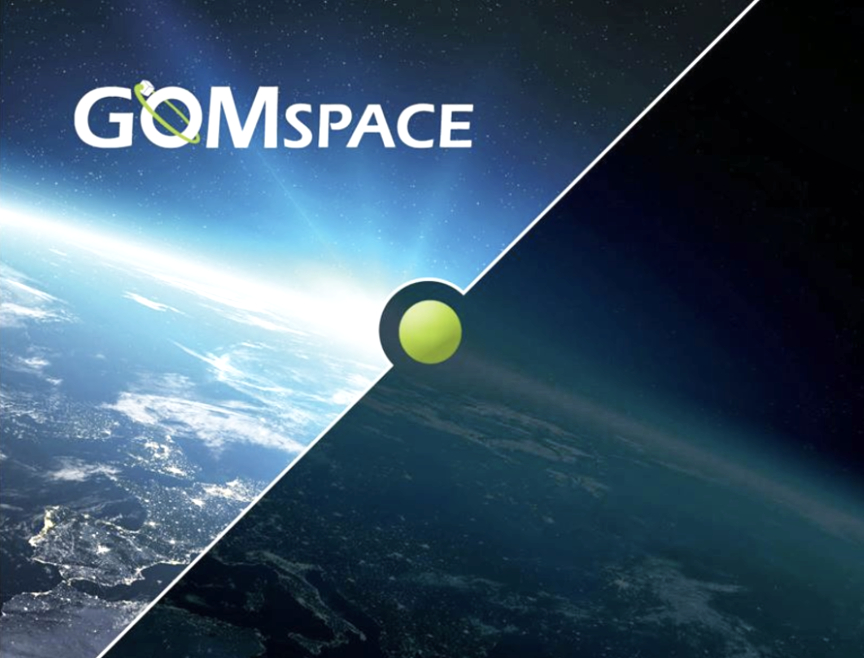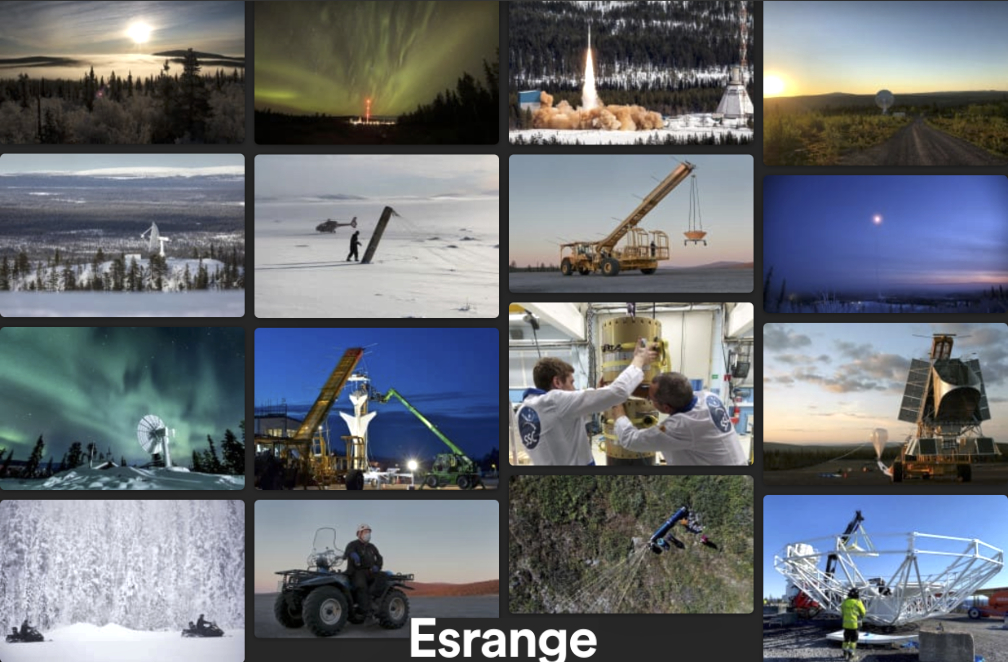
Ovzon launched two new SATCOM-as-a-Service offerings that are tailored to meet customer’s needs for performance, mobility, and resiliency — these two, new, integrated solutions are named Ovzon Pegasus and Ovzon Orion. They are built on the technologies and capabilities of Ovzon 3 and the Ovzon On-Board-Processor.
Ovzon Pegasus service, enabled by Ovzon 3, brings a steerable beam service offering, specifically developed for the critical tasks of the most demanding customers. It offers unprecedented throughput to and from the smallest mobile satellite terminals resulting in up to twice the data rate-to-weight ratio versus any satellite spot beam service on the market today.

Ovzon Orion service is exclusive to the mobile satellite terminal Ovzon T7 and is enabled by the Ovzon 3 and the Ovzon On-Board-Processor.

This integrated service allows for the most advanced features specifically developed for mission-critical applications of customers operating in near-peer environments. It offers resiliency that permits autonomous operation, in challenging environments, giving the ability to continue operation through a direct link between Ovzon 3 and the mobile satellite terminal, even if the ground control station is compromised.

“As Ovzon 3 prepares for its entry-into-service, I am proud that we now launch these new industry first services enabled by Ovzon 3, the Ovzon On-Board-Processor and the Ovzon T7. Ovzon’s innovative and unique technologies can offer something to our customers which is not available today on the market, and meet the increasing demand on mission critical satellite communication,” said Per Norén, CEO of Ovzon.
About Ovzon
Ovzon offers world-leading integrated mobile satellite communications services, SATCOM-as-a-Service, to customers globally. The services combine high throughput satellite networks, mobile satellite terminals, gateway services, and dedicated customer support. Ovzon’s offerings meet the growing demand for mission critical connectivity for customers with high performance, mobility and resiliency requirements such as Defense, National security and Public safety. In January 2024, Ovzon’s proprietary developed geostationary satellite Ovzon 3 was successfully launched from Cape Canaveral, FL. Founded in 2006, Ovzon has offices in Stockholm, Sweden as well as Herndon, VA and Tampa, FL in the USA. Ovzon is listed on Nasdaq Stockholm Small Cap.















 solar array development, image is courtesy of the company.
solar array development, image is courtesy of the company.


 satellite service which is aimed at providing the robust precision guidance needed for intelligent and autonomous technologies to scale beyond highly structured environments.
satellite service which is aimed at providing the robust precision guidance needed for intelligent and autonomous technologies to scale beyond highly structured environments.



